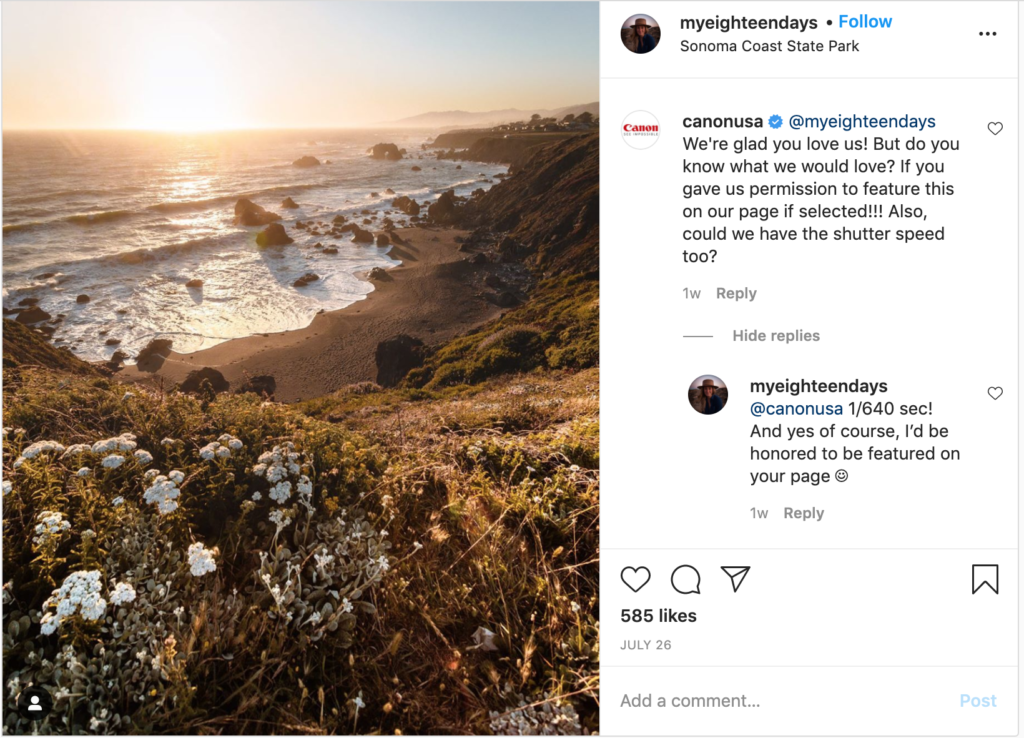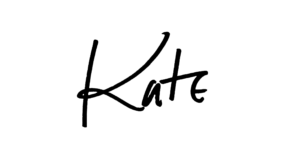
What is Copyright?
Copyright is an automatic right granted to a creator as soon as a photo or other work of art is created, no paperwork or filing process required. It protects intellectual property like writing, art, and other assets that require “significant mental activity to create” from being used in a way that could be harmful to the original creator. Does that mean that every photo, video, meme, or design that you don’t create yourself is off-limits for your social media? Not necessarily.
When is it Okay to Share?
When sourcing images, videos, or other content to share to your business’s social media accounts, your safest bet is to find content that is “public domain.” This is content to which copyright doesn’t apply. The original artists or authors of these assets either let their copyrights expire, or they willingly put the assets in the public domain for others to use. The photos available on free stock photo sites are all public domain and can be used in posts or other projects however you see fit (though you should always double-check to make sure the asset is available for commercial use and confirm whether the original creator requests to be credited).
Additionally, directly sharing another user’s post within the same platform doesn’t infringe on an individual’s copyright. Retweeting, hitting “share” on another user’s Facebook post, or sharing someone else’s post to your Instagram story are all perfectly acceptable ways to share other people’s content. These methods of sharing are outlined and protected in social media platforms’ terms of use and agreed upon by its users when they create an account. This doesn’t mean that the user forfeits their copyright, but it does mean that you’re not likely to get into hot water if you choose to share others’ content in this way.
When is Permission Needed?

User-generated content is a great way to not only lighten your load as a content creator, but it’s also an excellent way to build a trustworthy reputation for your brand among users. However, just because users are talking about, reviewing, or creating content directly related to your product or service doesn’t mean that you have an automatic right to use that content in your social media or elsewhere without first getting permission. Likewise, if you are going to share content across platforms or repurpose another creator’s photo, video, or design in your own social media post, you’ll want to ask if it’s okay with them first. Not only is it considerate to do so, but getting another user’s consent in writing—even if it’s just in a comment as Canon has done in the example here—will keep you and your account in the clear and protect you from having any disputes in the future. Most people are more than happy to be positively acknowledged and have their content featured in front of a new audience, so never be afraid to ask, and always give credit where credit is due.
Sourcing photography and other visual content for your business’s social media is absolutely necessary. Not only does it help build a visually interesting story for your brand, but it can also help you build a community of users who appreciate the relationship they have with your brand when you share their content. Just make sure you’re always courteous and know your rights and theirs under copyright law. That way, you’re never in danger of appropriating content inappropriately.
Copyright is a complex and ever-evolving area of law, especially where social media is concerned. Though we’ve covered the basics here, if you ever have questions about how to navigate a more complicated copyright issue or how best to protect your organization, you should always seek legal counsel.
1.8 billion images are shared to social media every day.
Do you need help conceptualizing and creating original media assets that delight your audience and give you the results you want?
CLICK HERE to learn more about KWSM Content Creation.












